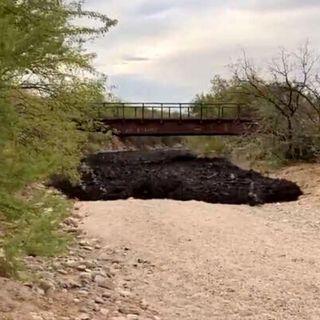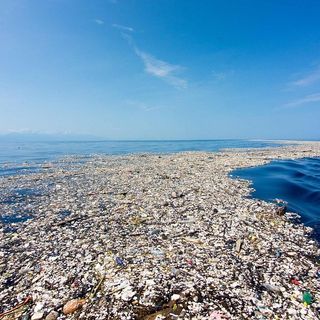Every year in Brazil, millions of wildlife species are trafficked domestically, as well as exported internationally, according to a new report that calls for a national strategy to combat this problem.
Published yesterday by wildlife trade monitoring network, Traffic, the report was prepared by Freeland Brasil, a non-profit organization based in Brazil that aims to conserve biodiversity by combating illegal wildlife trade. From river turtles, to jaguars, to rare species of birds and fish, to poisonous snakes — several species are trafficked in Brazil. “Brazil has always been a supplier of wild animals to the illegal market because we have a big biological diversity… [But] it’s [also] a country with many problems of poverty and corruption and this makes it difficult,” Marco Freitas, who works at ICMBio, the administrative arm of Brazil’s environment ministry, told The Guardian.
A major issue pointed out by the researchers is the incongruity of data on illegal trafficking in the country, which varies across sources like environmental agencies and the police force — suggesting that the country’s illegal wildlife trade is not taken seriously enough. “The prevailing sense of impunity among wildlife traffickers stems from the fact that existing legislation does not consider wildlife trafficking a ‘serious crime,’ with mild penalties that do not act as a disincentive to crimes against wildlife,” a representative of IBAMA, a federal environment agency, said.
Related on The Swaddle:
UN Biodiversity Chief Calls for Ban on Wildlife Markets. But Is It Feasible?
Brazil houses roughly 60 percent of the Amazon biome, and according to the report, it is also home to 13 percent of the world’s plant and animal life — comprising 46,000 plant species, and 117,000 animal species. In fact, Brazil is also home to 1,173 wildlife species that are threatened with extinction, and the biggest threat to them is illegal wildlife trade. And, “extinction breeds extinctions,” a paper published last month had warned, adding that unlike a host of other environmental issues, extinction is irreversible, and causes a domino effect on other species. “When humanity exterminates other creatures, it is sawing off the limb on which it is sitting, destroying working parts of our own life-support system,” Professor Paul Ehrlich, American biologist and President of Stanford University’s Center for Conservation Biology, had commented.
In addition, given the global havoc wreaked by Covid19, which is believed to be a zoonotic disease, “we have reached a turning point in how we deal with wild animals,” Sandra Charity, a biodiversity expert, and co-author of the report, said. The demand for wildlife due to various reasons, including culture and cuisine, causes people to enter forests to collect wildlife for sale in markets in urban and rural areas, and that results in pandemics like Covid19, which has led to a health an economic crisis worldwide, according to a research published last week, which urgently called for better regulation of wildlife trade.
“Even in the face of an alarming scenario for the Amazon, with increased fires, deforestation, invasions of protected areas, and violence against indigenous peoples, the government hasn’t presented any consistent policy to protect the forests,” Cristiane Mazzetti, Greenpeace Brazil’s Amazon Campaigner, had said last November, lamenting President Jair Bolsonaro’s endeavors to exploit the Amazon rainforest to benefit the Brazilian economy — rather than developing initiatives to address the looming biodiversity crisis. Not much appears to have changed since.




